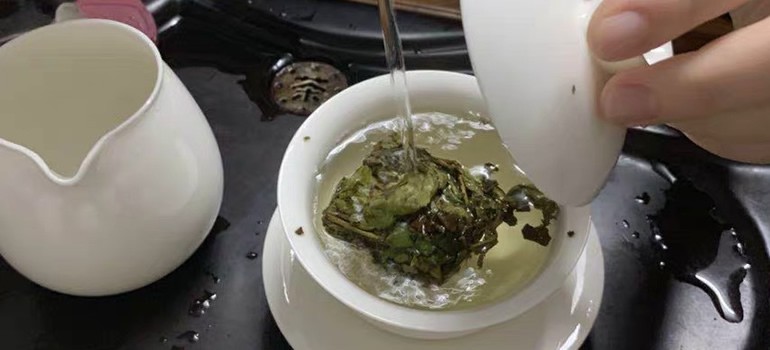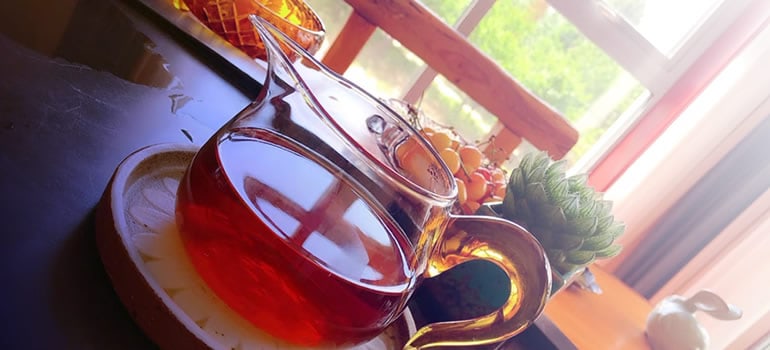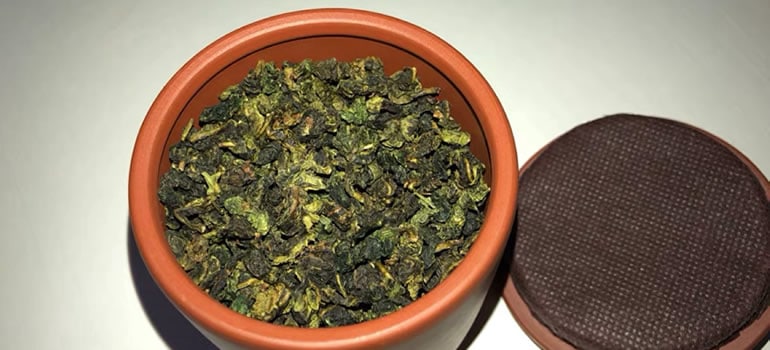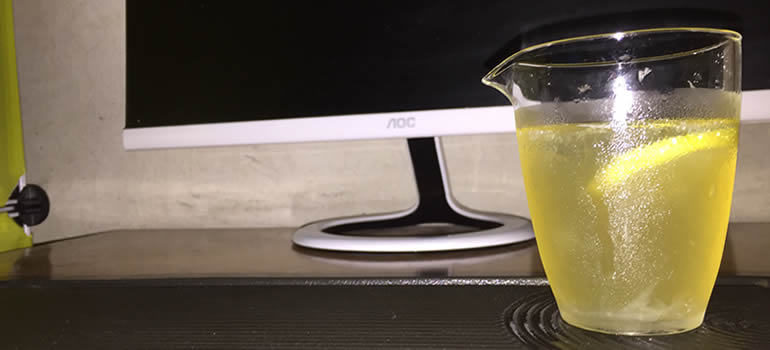Jasmine is not the first thing any of us think when talking about tea. However, you will be surprised to know that the herb produces one of the best and most versatile brews you will ever try.
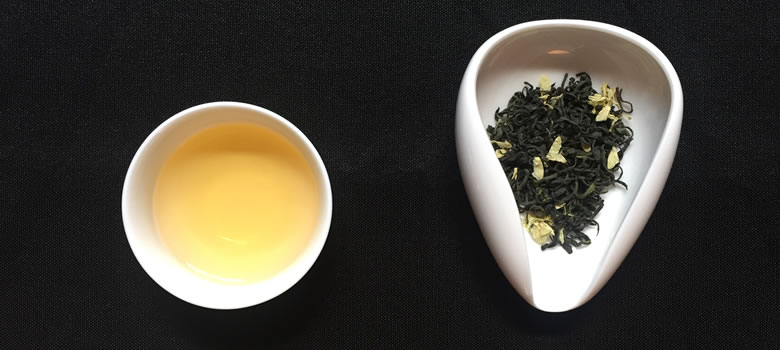
But let’s cut to the chase. What does jasmine tea taste like? Jasmine infusions are sweet with a subtle bitter aftertaste. The floral aroma perfectly completes this balanced flavor profile.
So, if you have not tried jasmine tea before, we suggest you do it. Not only does it have an amazing flavor, but it also packs many other benefits that we will discuss shortly.
What is Jasmine?
Jasmine tea comes from a white flower that produces a sweet smell. The plant is part of the olive family and was extremely popular in ancient China.
The flowers are collected, dried, and mixed with other leaves to produce jasmine tea.
Does Jasmine Tea Have a Strong Flavor?
No, jasmine tea has a subtly sweet and floral taste. Naturally, the strength can be regulated using more or less water. Some other people add a little milk. But it is as strong as green tea, which is the most common base for jasmine tea.
The tea also has the characteristic and relaxing floral aroma of jasmine. The result is a delicate brew that you can drink either hot or cold, with or without milk.
However, like with any tea, you might not love it in the beginning. But it will become your favorite brew if you give it a chance.
Does Jasmine Tea Taste Better With Sweetener?
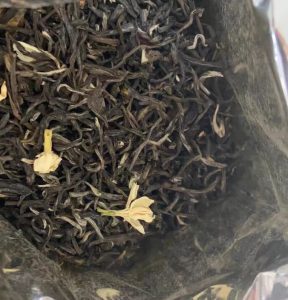
While some people enjoy jasmine tea on its own, others add sweeteners to it. Still, this reduces the benefits we discussed earlier in this article. Plus, I completely change the flavor profile of the brew. That’s why we advise against adding sweeteners to any tea, including jasmine tea. Besides, we think that jasmine tea is soft and sweet as it is. But if you differ, then try to add more water or reduce the time you steep the tea.
Does Jasmine Tea Have Caffeine?
Yes, jasmine tea has some caffeine. The amount varies between 15 to 60 mg of caffeine per 237 ml. The exact amount depends on how long you steep the tea and the type of tea leaves used as the base. Nevertheless, it is no way near the content of a cup of coffee or black tea.
In short, you won’t even notice unless your nervous system is extremely sensitive to caffeine. For example, most people find drinking jasmine tea relaxing.
What is the Most Common Base for Jasmine Tea?
Most jasmine tea available today uses green tea as the base. The leaves get infused with the scent and flavor profile of the dried jasmine flowers.
Black tea leaves can also be used. But this increases the strength and caffeine content of the Jasmine tea. That’s why we suggest reading the tea label first to find out the base leaves.
Health Benefits of Jasmine Tea
Jasmine tea is packed with vitamins and minerals such as iron, potassium, and zinc. But the benefits go beyond the nutritional values of jasmine tea. Let’s take some time to explore them.
Source of Antioxidants
The importance of antioxidants cannot be overstated. They take down free radicals before they damage your body. If you don’t know what free radicals do, then we bring you the sad news that they could cause cancer.
So, it is a smart move to ingest antioxidants like those inside jasmine tea.
Weight Loss Ally
Although you will not get shredded by drinking jasmine tea, the polyphenols and caffeine content help weight loss. According to some studies, it can increase your metabolism by around 5%, which could bump up your burned calories by 100. So, it is a great drink to wash your healthy snacks down.
Note that you will enjoy this, and any other benefit, if you drink jasmine tea regularly.
Improves Oral Health
Recent studies show that catechins take care of plaque-forming bacteria. As a result, they slow tooth decay. In other words, drinking jasmine tea could help you keep strong and healthy teeth.
However, jasmine tea is not a substitute for brushing. Just as with weight loss, it might be an ally in keeping good dental hygiene.
Helps You Relax
Jasmine’s aroma has a relaxing effect on the nervous system. As a result, you might notice changes in your breathing and heart rhythm. That’s why Jasmine tea is a good nighttime beverage.
On the other hand, we find that the simple task of brewing a fresh cup of tea is as relaxing as taking it. So, double the points here.
Brewing Jasmine Tea: Step-by-Step Process
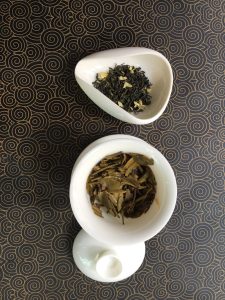
Most first-time tea drinkers think that making tea is just heating the water and adding the tea. But there is much more to it.
For instance, water temperature and steep time change from tea to tea. In the case of jasmine tea, we recommend using water around 180 degrees Fahrenheit.
The next step is to add the tea to the hot water. Let the leaves in at least 30 seconds. If you want a stronger flavor profile, we recommend increasing the steep time to 1 or 2 minutes.
If you are making enough jasmine tea for the day, we suggest transferring it to another pot without the leaves.
Jasmine Tea: A Sweet and Floral Brew
We hope you’ve found enough reasons to give jasmine tea a try. You will not regret it. The sweet, refreshing taste is perfect for hot days and cold nights. On the other hand, the jasmine aroma distilled by the brew will calm your nerves after a long day’s work.
Jasmine tea is also quite versatile. You can drink it hot or cold. You can add milk or drink it as it is! The choice is yours.
On top of that, jasmine tea is full of vitamins and minerals that will boost your system. With so many benefits, there is really no reason not to give it a try!

